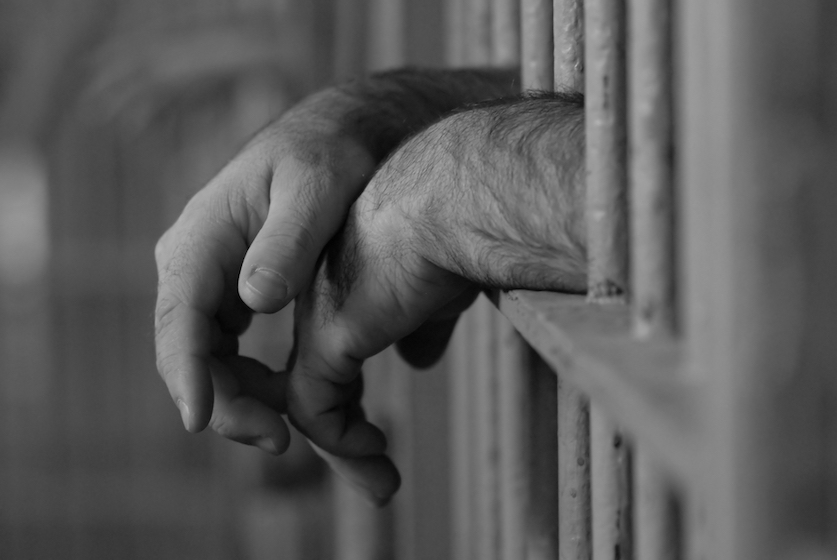The impact of Covid-19 (coronavirus) on all of us has been dramatic and continues to evolve. Unfortunately, even the criminal court system has been significantly affected. At Dysart Wills Houchin & Hubbard, we have a large number of clients facing both state and federal criminal charges that are in various jails throughout North Carolina and Virginia. We are getting regular updates about the policies in each of these jails, but in general, we have been advised that we will not have the ability to have contact visitation with our clients in custody for weeks or perhaps months. In addition, we are receiving phone calls from family members of those incarcerated clients with many questions and concerns. As a result, we want to address some of those questions in this blog post
Will I be allowed to visit with my family member who is currently incarcerated?
Each county jail has adopted its own policies and procedures in light of the coronavirus outbreak. We advise calling the specific facility or checking their website for more information. By way of example, the Wake County Detention Center continues to allow video visitation for family members.
The North Carolina Division of Adult Corrections has suspended visitation by family and friends effective March 13, 2020 (see the press release here: https://www.ncdps.gov/news/press-releases/2020/03/13/visitation-temporarily-suspended-state-prisons-covid-19-precaution). This policy will be reviewed every 30 days. Visits by attorneys and clergy are still allowed, subject to medical screening.
The Federal Bureau of Prisons has likewise suspended both social and legal visitation for 30 days. https://www.bop.gov/resources/news/20200313_covid-19.jsp
Inmates will be allowed enhanced access to the phones to maintain contact with family and friends. Legal phone calls and legal visits may be allowed on a case by case basis.
Will an upcoming court date get postponed for an inmate in custody?
Each judicial district has adopted temporary rules to limit the number of people coming
into courthouses around the state. Almost all criminal cases involving a defendant who is not in custody are being continued. For defendants who are currently in jail, courts continue to hold hearings when required by law or to resolve cases. The lawyers at Dysart Willis Houchin & Hubbard are maintaining constant communication with prosecutors in state and federal court regarding their clients in custody. We are assessing clients’ needs and cases that we might be able to resolve in the immediate future, to avoid having those clients face any unnecessary delay due to the pandemic. North Carolina courts are continuing all criminal cases that are scheduled for jury trial in the next 30 days.
If you have a family member or friend currently in custody facing criminal charges in state or federal court, please be aware that the coronavirus may cause a significant delay in the case. Contact Dysart Willis Houchin and Hubbard to discuss your case and let us assess how we might be able to assist.
How can I help my family member get out of jail during the coronavirus?
There are several ways that release from a jail or prison can be facilitated, depending on the status of the individual case. For defendants in jail awaiting arraignment or trial, it may be possible to petition the court for pretrial release. In North Carolina state courts, many defendants are given a secured bond, which must be posted before they can be released. Given the serious health risks associated with the coronavirus, it may be appropriate to petition for a bond reduction or some other form of release, especially for older defendants and defendants with preexisting health conditions. If a bond reduction is not feasible, in some cases it may be possible to speed up negotiations with prosecutors in order to come to a plea agreement that would result in the defendant’s release from custody
For defendants in the federal prison system who are already serving a sentence, a petition for compassionate release under the new provisions of the First Step Act might be appropriate. This form of relief might make sense for inmates who are sick, disabled, or who are older, given their potential susceptibility to the coronavirus. Federal inmates who are within or approaching one year of their release date should consider filing a motion requesting that the sentencing judge designate them for the maximum time allowed in community corrections. Such a designation could result in an earlier release from prison to home confinement or a half-way house in the community.
It is important to retain experienced criminal counsel to pursue any of these options. If you have specific questions concerning a friend or family member currently incarcerated, please contact Dysart Willis Houchin & Hubbard.

